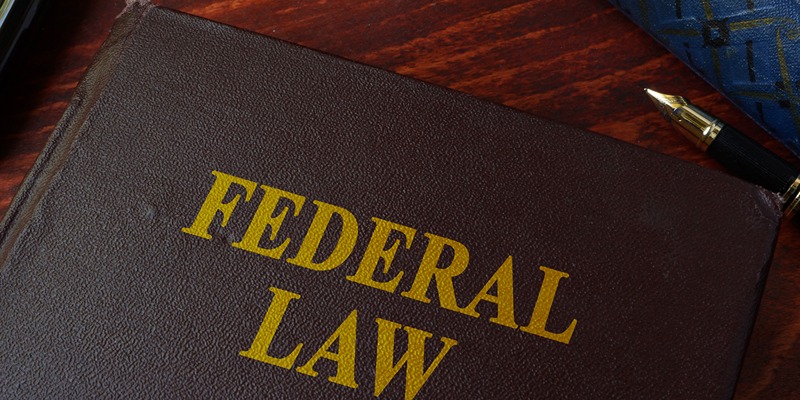
The Complexity of Federal Child Pornography Laws: An In-Depth Analysis
In a world where technology evolves rapidly, legal frameworks must adapt to address the growing concerns surrounding federal child pornography crimes. Understanding the intricate nature of these laws is crucial for anyone involved in the legal process, whether as a defendant, legal professional, or advocate for children’s rights. This editorial explores the nuances of federal child pornography laws, jurisdictional concerns, penalties, and the challenges in defending against such charges.
Understanding Federal Child Pornography Laws
Definition and Scope under U.S. Code 18 U.S.C. § 2256
Under federal law, child pornography is defined as any visual depiction involving a minor engaged in sexually explicit conduct. This broad definition encompasses photographs, films, videos, and even computer-generated images that may not involve actual children. The emphasis on minors—those under 18 years old—is essential, as the law aims to protect this vulnerable group from exploitation.
The Intersection of Federal and State Jurisdiction
Jurisdictional issues in child pornography cases often hinge on whether the crime involves interstate elements. Federal jurisdiction is typically invoked when the internet is used to distribute or download such materials, as this constitutes interstate commerce. However, if activities are confined within a single state, state laws may apply, like those in Arizona articulated under ARS § 13-3553. The differentiation impacts the prosecution strategy and potential penalties.
Exploring the Nuances of Federal Child Pornography Offenses
Production and Distribution Offenses
The production of child pornography is considered one of the most heinous crimes. Under 18 U.S.C. § 2251, coercing a minor into sexually explicit activities to create visual materials is strictly punishable. Similarly, distribution and possession, elaborated in 18 U.S.C. § 2252, carry significant penalties, with sentences escalating from five to 20 years based on prior convictions and aggravating factors.
Transportation and Advertising of Child Pornography
Transporting child pornography, whether via the postal service or digital networks, constitutes a grave federal offense under 18 U.S.C. § 2252A. This offense highlights the seamless nature of digital crimes and their prosecution challenges. Advertising such material further exacerbates the offense severity, with sentences reaching up to lifetime imprisonment for aggravated cases.
Conspiracy and Associated Penalties
Even without direct involvement, conspiring to commit offenses tied to child pornography triggers severe consequences. Penalties for conspiracy reflect the intended offenses’ seriousness, aligning them with production or distribution charges. This holistic approach ensures that facilitation or planning is punished to deter potential offenders.
The Impact of Federal Child Pornography Penalties
Incarceration and Lifetime Consequences
Convictions can lead to extensive imprisonment, ranging from five years to life, depending on the offense’s gravity. Beyond the physical imprisonment, these sentences represent a lifetime stigma due to mandatory sex offender registration and related restrictions on personal liberties.
Financial and Civil Repercussions
Fines of up to $250,000 per offense add to the punishment, coupled with restitution payments for victim support. Civil forfeitures can strip offenders of assets used in the commission of the crime, such as computers and vehicles, further illustrating the crime’s severe ramifications.
Defending Federal Child Pornography Charges
Challenges and Defensive Strategies
Defending against federal child pornography charges requires a nuanced approach. Common defenses include assertions of mistaken identity, lack of knowledge, or entrapping enticements by law enforcement. The defense strategy hinges on dismantling the prosecution’s case, requiring substantial evidence to meet the burden of proof in federal court.
The Importance of Skilled Legal Representation
Legal expertise is vital for navigating these complex cases. Experienced attorneys, like Josh Kolsrud, leverage their knowledge to build robust defense strategies. Their background, particularly as former prosecutors, provides invaluable insights into the prosecution’s methods, enhancing their defense effectiveness.
Conclusion: A Call for Awareness and Legal Preparedness
As the digital landscape continues to transform, awareness and legal preparedness become paramount in addressing federal child pornography offenses. Understanding the law’s breadth, from jurisdictional nuances to defensive strategies, empowers individuals to navigate the legal system effectively. This knowledge is critical not only for those directly involved but also for fostering a legal environment that prioritizes protecting minors and ensuring justice.
“`
Originally Post From https://kolsrudlawoffices.com/child-pornography-federal-crime/
Read more about this topic at
Citizen’s Guide To U.S. Federal Law On Child Pornography
Citizen’s Guide To U.S. Federal Law On Obscenity

